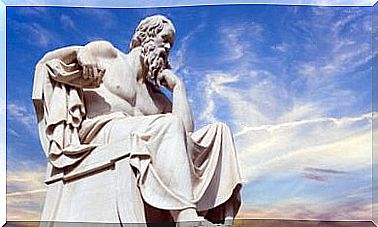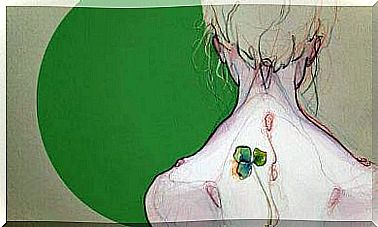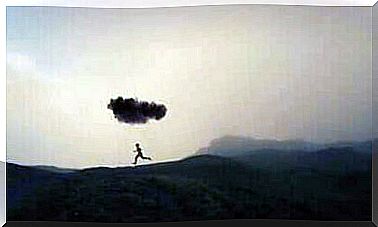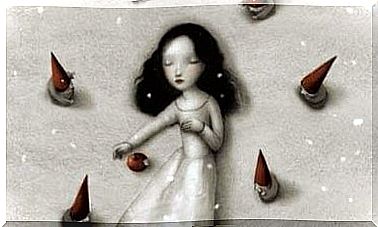Bet On Intuition!

What is intuition?
Intuition can be defined in many ways: the ability to understand something instantly, without the need to use logic, the ability to make quick and unconscious decisions, etc.
Throughout our life, we do nothing but make decisions, almost every day. Social psychology, until nearly 10 years ago, argued that making decisions must be made in a conscious and logical way. For this, he proposed that we draw up long lists with the arguments for and against each decision, so that we could make the best choice.
Today, however, we are certain that decisions made instinctively are still valid. Indeed, sometimes they turn out to be more apt than those taken in a logical and rational way.
Over the course of each day we make many decisions instinctively and quickly, without carrying out complex logical or mathematical processes to choose. We take one road rather than another to reach our destination, we buy a newspaper instead of the other, etc.
If we had to rationally analyze all the decisions we make during the day, it would be a real chaos. We would always be late everywhere, and it would take us a lifetime to make the simplest choices.
Intuition is defined as a feeling or sensation that occurs very quickly in the mind. We don’t know why, but it pushes us to decide and act. For this reason, intuition manifests itself through emotions and physical sensations.
If we want to make a decision, the best choice is always to focus on what we feel, on the physical sensation that one choice or the other produces.
Think about every decision you might make: how do you feel? Does it make you feel good? Happy or uncomfortable?
Sometimes it is good to ignore some of the information we have, and instead use only a part of it, in order to be faster and make effective choices.
Daniel Kahneman, Nobel laureate in economics, in his book Slow and fast thoughts argues that we have two systems of thought:
– System 1, which corresponds to fast, intuitive and emotional thinking;
– System 2, which is slower, requires more effort, and is rational and logical.
The first system provides us with quick decisions, the second, conscious decisions. But in many cases we are not aware which of the two systems we used to make a decision.

How do we decide?
The decision process does not require evaluating many different options, but choosing what we need.
Our choices are related to a series of general processes and rules that our brain has learned over time. We simply have to choose the right rule for each moment.
For example, if we thought about the process of falling in love in a rational way, we would have to draw up a list with all the options: write down the details of each woman or man, the pros and cons of each case, and the consequences in our life. Then, we should calculate the possibility of what we want to happen.
Freud argued that “when we make small decisions, analyzing the pros and cons is always an advantage. However, in vital matters, such as choosing a partner or our profession, the decision must come from the unconscious, from a hidden place within us. In the really important decisions in life, we must let the deepest needs of our nature be in charge ”.
The truth is that we fall in love based on instinct, on intuition.
In other cases, according to psychologist Gerd Gigerenzer, we make decisions based on what we already know. For example, we decide to buy a book because they recommended it or we answer certain questions with an answer that sounds familiar to us.
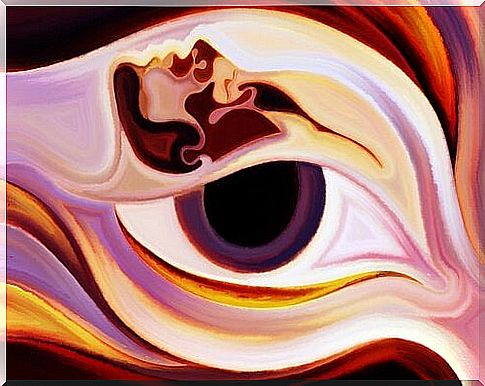
Intuitive intelligence
In conclusion, based on what we have just explained, it can be said that everyone has an intuitive intelligence.
This term was first used by the Canadian sociologist Malcolm Gladwell, who argues that we have the ability to quickly determine what is most important, and this ability can be called “intuitive intelligence.”
The problem is that nowadays we are bombarded with information that prevents us from making quick choices, so it is sometimes better not to have too many options, so that we can make better and more effective decisions.
In reality it is not a question of reasoning, but of listening to our unconscious and our emotions .
Intuitive intelligence, however, has a number of obstacles. For instance:
– the excess of information
– the stress
– the prejudices.
All these obstacles must be overcome if we are to develop adequate intuitive intelligence, in order to be able to make decisions faster, more effectively and with less information.
